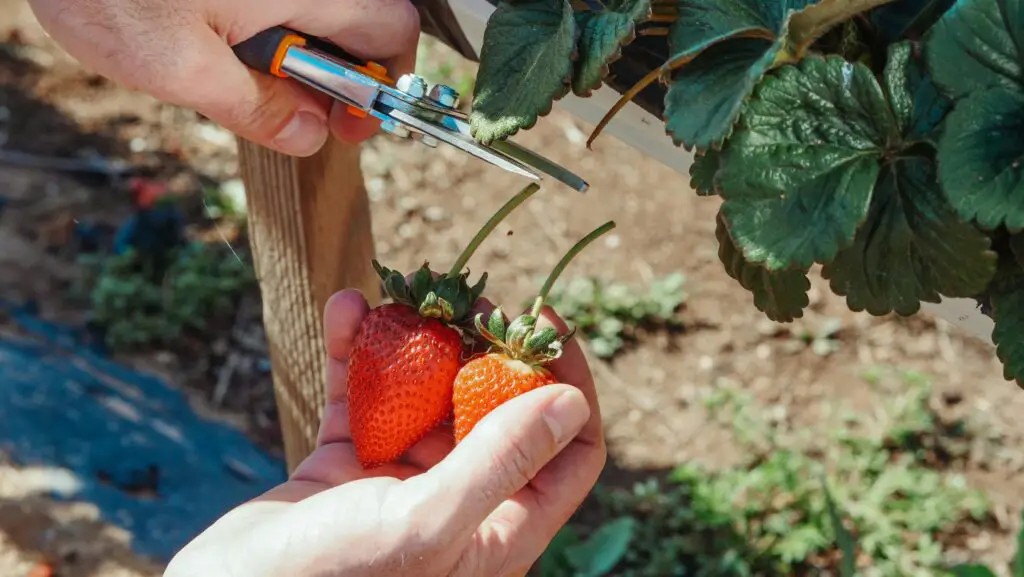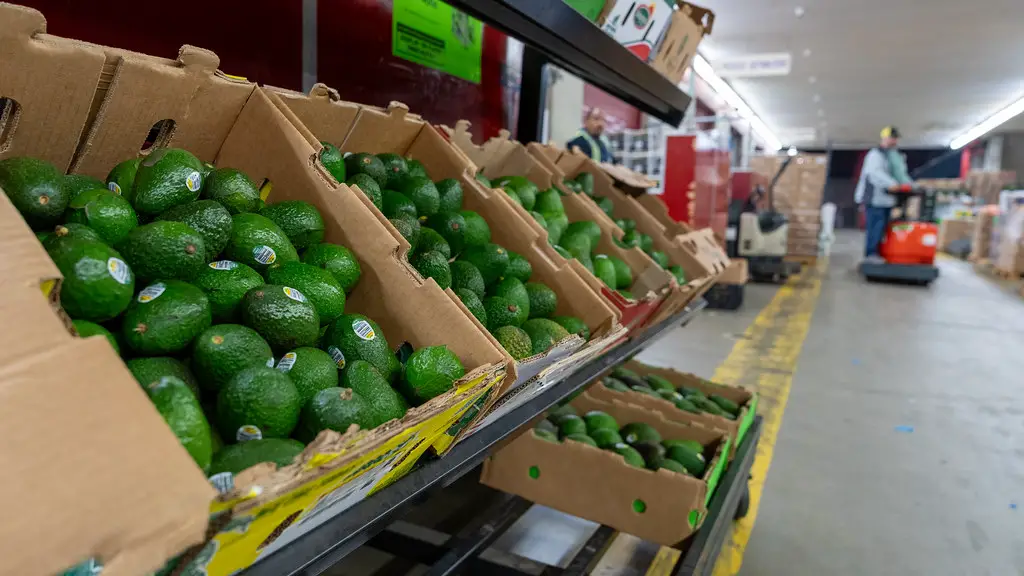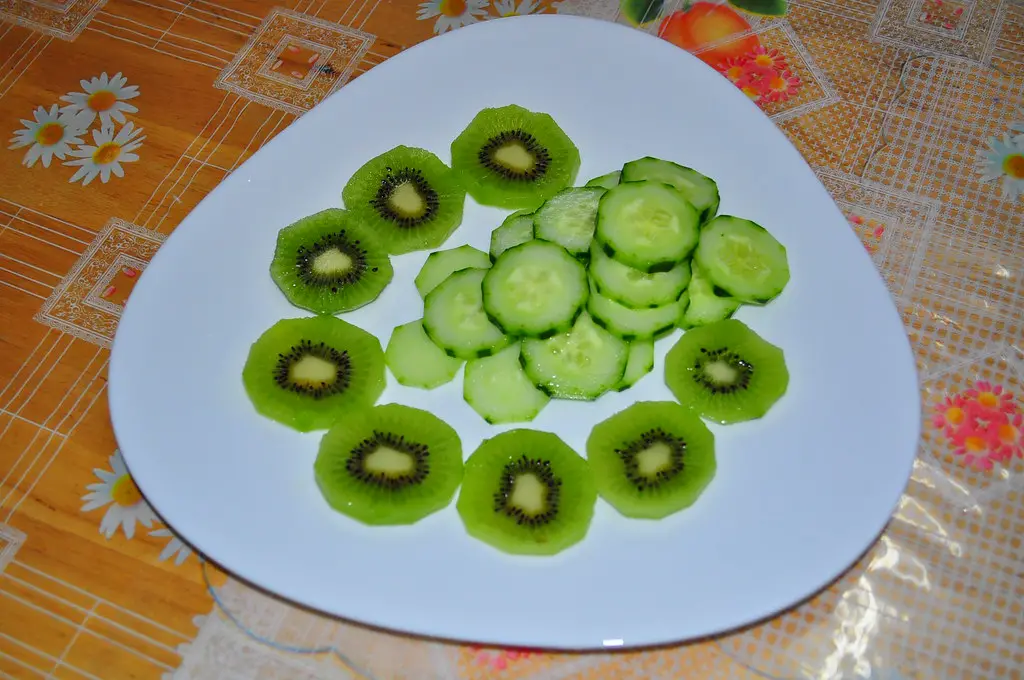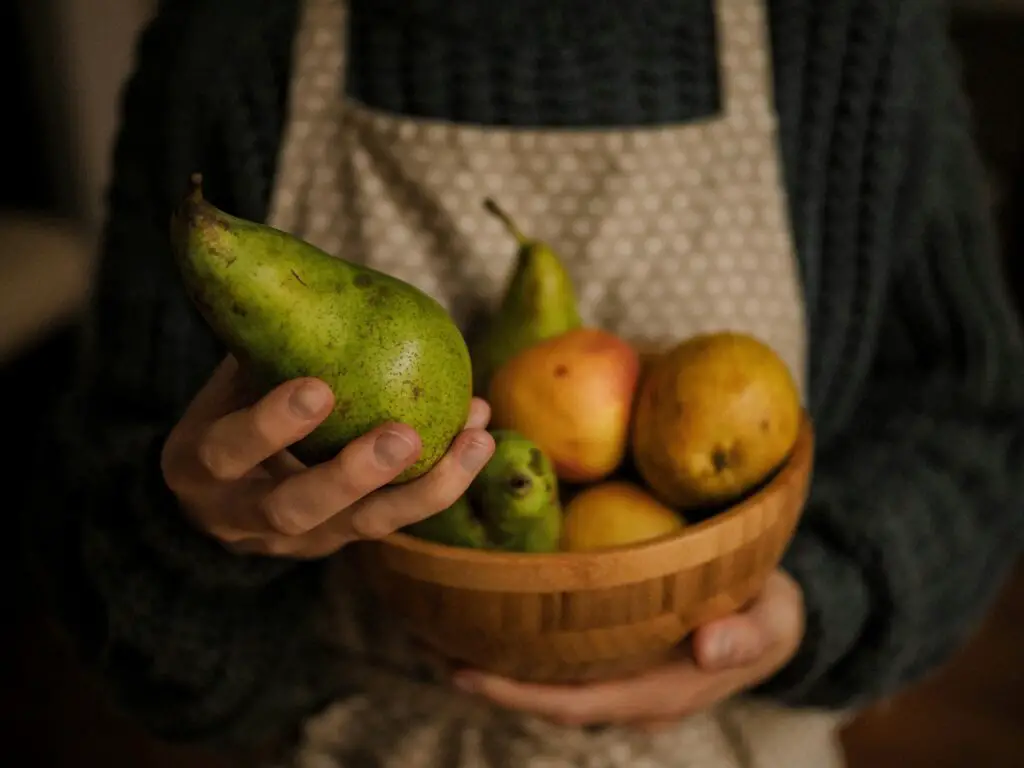Turning 60 isn’t the beginning of the end—it’s the VIP entrance to a whole new level of life. You’ve got the wisdom, the stories, and probably a few hilarious opinions about how music “just isn’t what it used to be.” But let’s be honest—your body might need a little extra love these days. Joints creak like floorboards, energy dips before dinner, and sleep? Well, sometimes that’s just a nostalgic concept. The good news? You can snack your way to feeling better.
Enter: fruit. Yes, fruit. It’s not just for breakfast bowls and summer picnics anymore—certain fruits are basically nature’s pharmacy, packed with nutrients that support your heart, brain, gut, joints, and everything in between. And the best part? They’re delicious, accessible, and way easier than memorizing another supplement schedule. So, whether you’re looking to keep your mind sharp, your skin glowing, or your digestion drama-free, here are 13 fruits that should be on your radar. Let’s bite into it.
1. Blueberries

These little blue dynamos are more than just a tasty snack. Blueberries are rich in antioxidants, particularly anthocyanins, which give them their vibrant color and have been linked to improved brain health. According to the Mayo Clinic, regular consumption of blueberries can help lower blood pressure and improve memory in older adults.
Incorporating blueberries into your diet is easy—sprinkle them on your morning cereal, blend them into smoothies, or enjoy them as a standalone snack. Their natural sweetness and health benefits make them a perfect addition to your daily routine. Plus, they’re low in calories and high in fiber, making them a guilt-free treat. You can even freeze them for a refreshing, crunchy bite. And let’s be real—anything that helps your brain and tastes like candy is a total win.
2. Bananas

Bananas are the ultimate grab-and-go fruit, but they’re also a powerhouse of nutrients. They’re loaded with potassium, which is essential for heart health and maintaining healthy blood pressure levels. A recent study highlighted by Verywell Health confirms that increasing dietary potassium, such as from bananas, can help lower blood pressure, especially when paired with a low-sodium diet.
Beyond heart health, bananas are gentle on the stomach and can aid in digestion, making them a great choice for seniors. Whether sliced on toast, blended into a smoothie, or eaten on their own, bananas are a versatile and nutritious option. They’re also rich in vitamin B6, which helps with energy metabolism and brain health. And if you’re battling nighttime leg cramps? Bananas might be your new best friend. Just keep an eye on portion size if you’re watching sugar intake.
3. Apples

An apple a day might just keep the doctor away, especially for those over 60. Apples are rich in fiber and antioxidants, which can help lower cholesterol and reduce the risk of heart disease. According to Healthline, apples may also aid in weight management and improve gut health.
The versatility of apples is unmatched—they can be enjoyed raw, baked, or even sautéed. Their natural sweetness and crunch make them a satisfying snack that supports overall health. They also promote dental hygiene by helping clean your teeth as you chew—like nature’s toothbrush. With a wide variety to choose from, there’s an apple for every palate, from tart Granny Smith to sweet Fuji. And bonus: they store well, so you can stock up without worrying about spoilage.
4. Oranges

Oranges are synonymous with vitamin C, a nutrient crucial for immune function. But they offer more than just that. Oranges are also a good source of fiber and antioxidants, which can support heart health and reduce inflammation. As noted by Health, the fiber content in oranges can help reduce belly fat and support weight management.
Enjoying a fresh orange or a glass of freshly squeezed juice can be a refreshing way to boost your nutrient intake. Just be mindful of portion sizes to keep sugar intake in check. Oranges also contain hesperidin, a plant compound that may improve circulation and blood vessel function. Their scent alone is a known mood booster, so consider them aromatherapy with benefits. And if peeling oranges is a hassle? Try clementines or mandarins for a no-fuss alternative.
5. Strawberries

Strawberries aren’t just for summer—they’re a year-round treat packed with health benefits. They’re rich in antioxidants and vitamin C, which can support immune health and skin vitality. According to Cleveland Clinic, strawberries also contain compounds that may help regulate blood sugar levels, making them a smart choice for seniors managing diabetes.
Add strawberries to your breakfast cereal, blend them into smoothies, or enjoy them as a sweet snack. Their natural sweetness and health benefits make them a delightful addition to any meal. They’re also high in manganese, which supports bone health and metabolism. For a decadent yet healthy treat, dip them in a bit of dark chocolate. And if you’re watching your wallet, frozen strawberries are just as nutritious and often more affordable.
6. Avocados

Avocados are a creamy delight that’s as nutritious as it is delicious. They’re rich in healthy monounsaturated fats, which can help lower bad cholesterol levels and reduce the risk of heart disease. Avocados also provide potassium, fiber, and vitamins C, E, and K, supporting overall health and wellness.
Spread avocado on whole-grain toast, add slices to your salad, or blend it into a smoothie for a creamy texture. Their versatility and nutrient density make avocados a valuable addition to a senior’s diet. They’re also high in lutein, an antioxidant that supports eye health—something we all want to preserve as the reading glasses start piling up. And fun fact: the healthy fats in avocados help your body absorb more nutrients from other foods, so pairing them with veggies is a double win. Just watch your portion size—half an avocado goes a long way (unless you’re smashing it onto toast like a brunch pro).
7. Pomegranates

Pomegranates are a jewel-toned fruit bursting with antioxidants, particularly punicalagins and anthocyanins, which have anti-inflammatory properties. These compounds can help reduce the risk of chronic diseases and support heart health. Pomegranate juice has also been linked to improved memory and cognitive function.
Enjoy the seeds on their own, sprinkle them over salads, or sip on a glass of pure pomegranate juice. Their tangy sweetness and health benefits make them a worthwhile addition to your diet. They’re also known to help lower blood pressure and improve cholesterol levels. The little seeds (called arils, by the way) are like edible treasure—sweet, tart, and loaded with hydration. If you hate seeding them yourself, most grocery stores sell them ready-to-eat, so you can skip the mess and keep the benefits.
8. Grapes

Grapes are small but mighty when it comes to health benefits. They’re rich in antioxidants like resveratrol, which supports heart health and may protect against cognitive decline. Grapes also contain vitamins C and K, as well as fiber, contributing to overall wellness.
Snack on fresh grapes, freeze them for a cool treat, or add them to salads for a burst of sweetness. Their convenience and nutritional profile make them an excellent choice for seniors. Plus, they’re naturally hydrating and easy on the teeth—no peeling, no cutting, just rinse and pop. Studies have even suggested resveratrol might offer anti-aging benefits (yes, please). Just be sure to go easy if you’re watching sugar intake—grapes are sweet little sneaks.
9. Kiwis

Kiwis are a tangy fruit packed with vitamin C, vitamin K, and fiber. Their high antioxidant content can help combat oxidative stress and support immune function. Kiwis also contain actinidin, an enzyme that aids in protein digestion, which can be beneficial for seniors with digestive concerns.
Scoop out the green flesh with a spoon, add slices to your fruit salad, or blend into a smoothie. Their unique flavor and health benefits make kiwis a delightful addition to your fruit repertoire. They also contain serotonin, which may help regulate sleep—so they’re basically little fuzzy bedtime buddies. Don’t fear the fuzz: the skin is edible and adds even more fiber if you’re feeling brave. One kiwi has more vitamin C than an orange, making it a tiny but mighty immune booster.
10. Papayas

Papayas are tropical fruits rich in vitamin C, vitamin A, and folate. They contain the enzyme papain, which aids in digestion and can help alleviate constipation—a common concern among seniors. Papayas also have anti-inflammatory properties that can support joint health.
Enjoy papaya slices on their own, add them to smoothies, or mix into fruit salads. Their sweet flavor and digestive benefits make them a smart choice for older adults. They’re also great for skin health, thanks to their beta-carotene content. If your digestion needs a little nudge, this is your go-to tropical helper. And yes, even the seeds are edible—peppery little bursts that some say have anti-parasitic powers (if you’re into that sort of thing).
11. Cherries

Cherries are not only delicious but also packed with antioxidants like anthocyanins and melatonin. These compounds can help reduce inflammation, support sleep quality, and alleviate symptoms of arthritis and gout. Cherries also provide vitamin C and potassium, contributing to overall health.
Snack on fresh cherries, add them to yogurt, or enjoy a glass of tart cherry juice. Their sweet-tart flavor and health-promoting properties make cherries a valuable addition to a senior’s diet. Tart cherry juice in particular has become popular for its sleep-enhancing effects—think of it as nature’s nightcap. They may also help with exercise recovery, reducing muscle soreness after activity. And bonus: cherries are super refreshing on a hot day, especially when chilled or frozen.
12. Watermelons

Watermelons are hydrating fruits rich in vitamins A and C, as well as antioxidants like lycopene. Lycopene has been linked to heart health and may help reduce the risk of certain cancers. The high water content in watermelon also aids in hydration, which is crucial for seniors.
Enjoy watermelon slices on a hot day, blend into a refreshing smoothie, or add cubes to a fruit salad. Their sweet taste and hydrating properties make watermelons a summertime favorite with year-round benefits. They’re low in calories but big on satisfaction—perfect for anyone watching their weight. The lycopene content also supports prostate health, a plus for the gents out there. And if you’ve never tried grilled watermelon, it’s a total game-changer—sweet, smoky, and surprisingly savory.
13. Pears

Pears are gentle on the digestive system and rich in dietary fiber, which can help maintain bowel regularity. They also provide vitamin C and potassium, supporting immune function and heart health. Pears have a low glycemic index, making them a good choice for seniors managing blood sugar levels.
Enjoy pears fresh, baked, or poached for a comforting dessert. Their soft texture and subtle sweetness make them a soothing and nutritious option for older adults. They’re also hydrating and easy to digest, ideal for those with sensitive stomachs. If you leave the skin on, you get even more fiber—double the digestive support. And roasted pears with a dash of cinnamon? Chef’s kiss.
